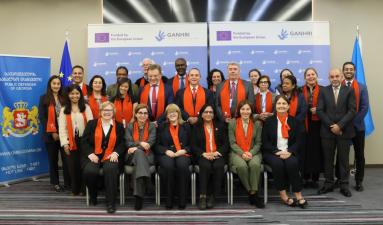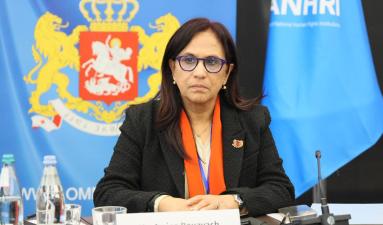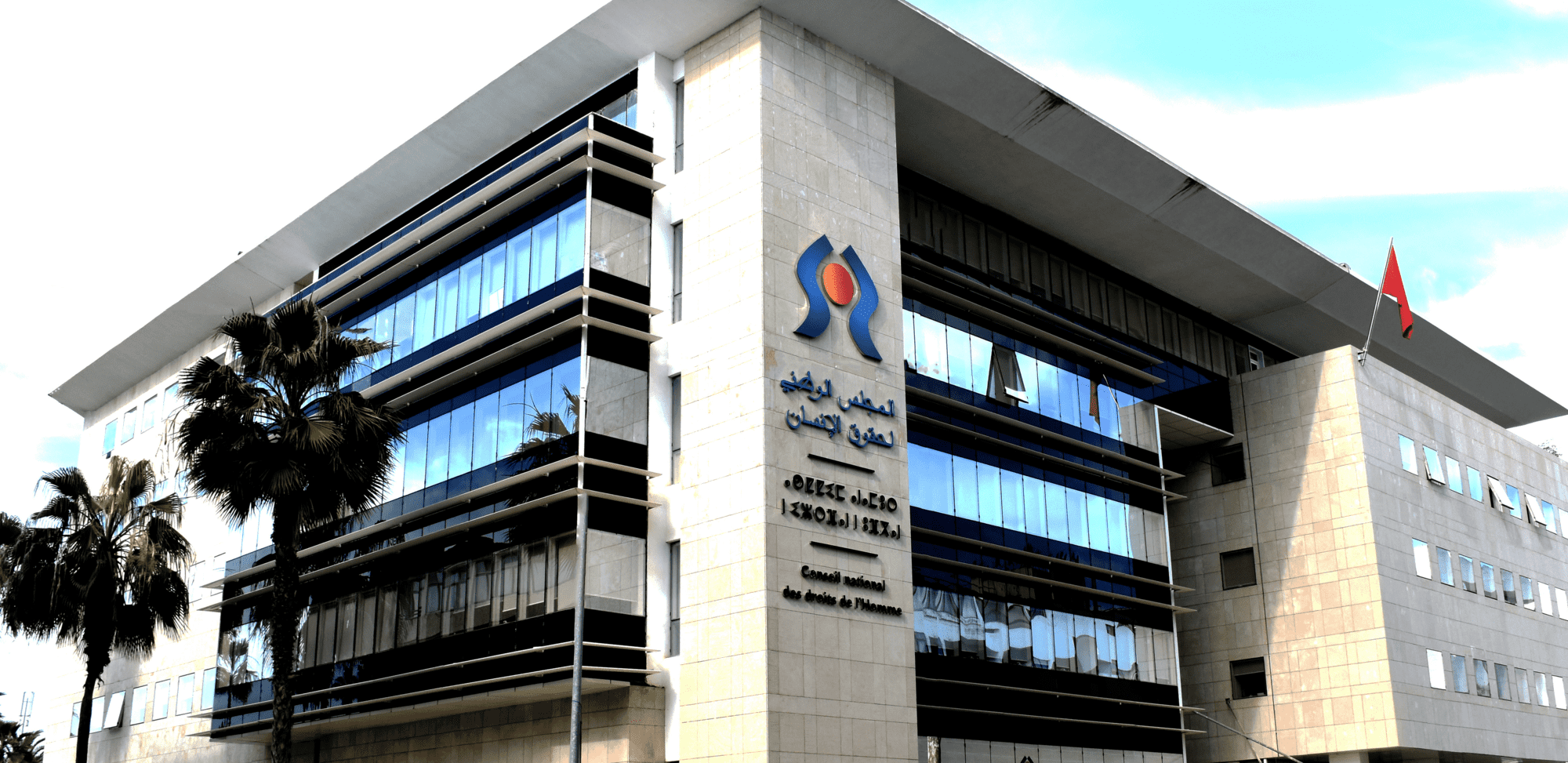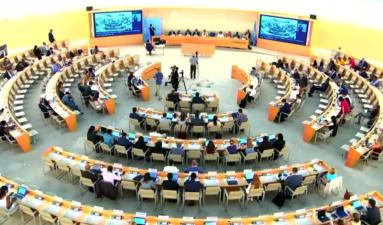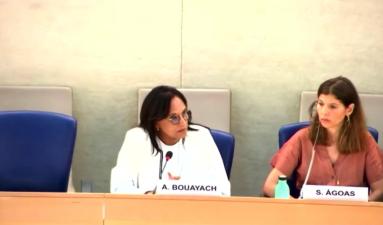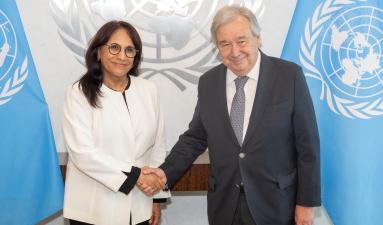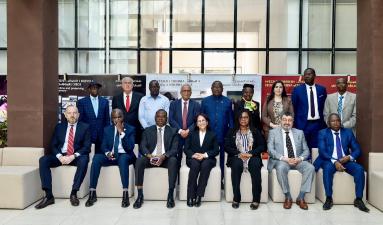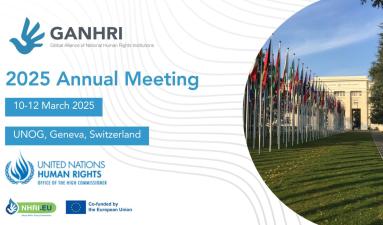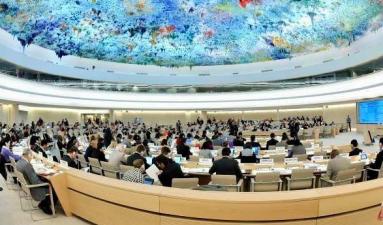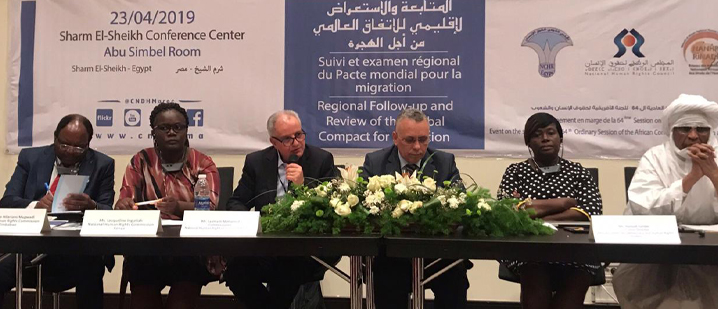
Ms. Amina Bouayach, Chairperson of the National Human Rights Council (CNDH) said that migration issues in African continent require radical solutions particularly, through promoting academic research and data collection, and developing national migration policies respectful of human rights principles.
This was an extract of her statement at the conference held in Sharm El-Shiekh (Egypt) on the Regional follow-up and review of the Global Compact for Migration (GCM) which was adopted in Marrakech 2018.
Ms. Bouayach also stressed that the African continent is at the core of migration challenges. Africa adopted in 2018 a unified position on the GCM and its implementation mechanism at the regional level. This position was expressed through a reference document that made Africa the only continent that provided a collective vision on the aspects and challenges of implementing the GCM.
This common position was guided by the fact that the easy movement of people in the African continent and their freedom are one of the basics of African complementarity according to the development agenda of 2063, said Ms. Bouayach. This agenda is the action plan of the continent that sets out long term goals and strategy and it is entitled “an Africa, whose development is people-driven, relying on the potential of African people, especially its women and youth”.
CNDH Chairperson welc omed the adoption of a common position on migration by African countries. This position will inevitably contribute to designing continental actions for NHRIs and the Migration Working Group to develop our plan of action and its implementing program, she added. It will as well support our international advocacy and best practices on migration management and on the protection of migrants, since migration is not just economic project but a life project in the first place, said Ms. Bouayach.
Ms. Bouayach underlined the establishment of the African Observatory for Migration. This observatory will collect and share information. It will also facilitate coordination among African countries on migration with its cultural, economic and social aspects.
The headquarters agreement between Morocco and the African Union signed last December reflected the implementation of the recommendation of the 31st Summit of the African Union in the Mauritanian capital Nouakchott as proposed by Morocco’s King Mohammed VI.
Commissioners and Chairperson of the African Commission on Human and Peoples’ Rights, Chairs of African NHRIs, experts and representatives of international organizations working on the rights of migrants took part in this the high level event.
This event was organized on the side lines of the 64th ordinary session of the African Commission on Human and Peoples’ Rights in partnership with the National Council for Human Rights in Egypt and the Network of African National Human Rights Institutions.

